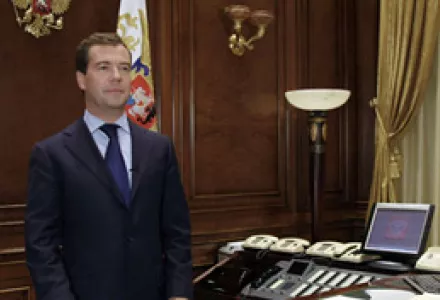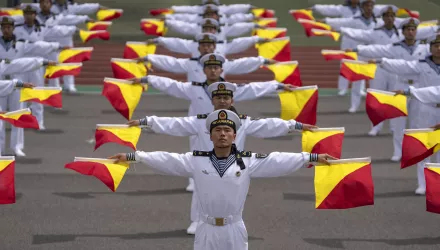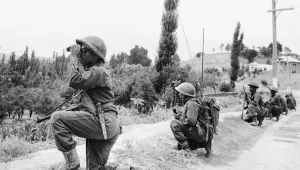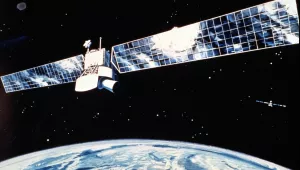This presentation will employ neoclassical realism in order to explain the change in Russian foreign and security policy vis-à-vis the United States under President Vladimir Putin. Despite initial cordial relations between the United States and Russia in the immediate period following the events of September 11, 2001, the Iraq War became a turning point in what became the worst relationship Moscow and Washington had experienced since the Cold War. From that period onwards, Russia persistently exhibited aggressive behavior vis-à-vis the United States that resulted in numerous diplomatic and military crises. This assertiveness in Russia foreign and defense policy is deliberate and results from a mixture of domestic and international reasons. In light of recent developments in U.S.-Russian relations, especially the decision of U.S. President Barack Obama to abandon the George W. Bush Administration's scheme to deploy National Missile Defense (NMD) in Eastern Europe, it is important to understand that Russia's grand strategy is aimed at promoting multipolarity and that Moscow is willing, under certain conditions, to apply limited military force for that purpose.
Please join us! Coffee and tea provided. Everyone is welcome, but admittance will be on a first come–first served basis.




